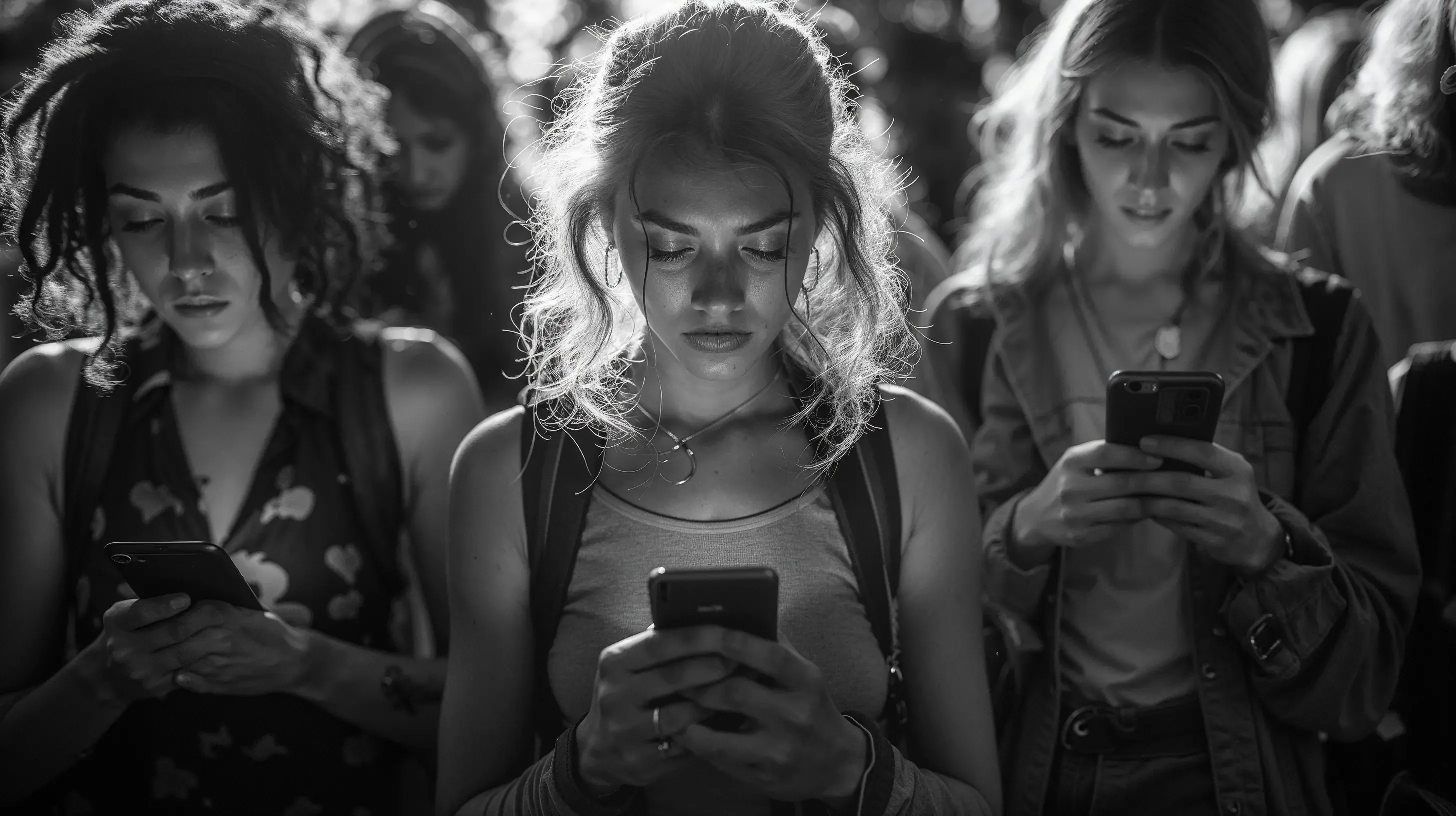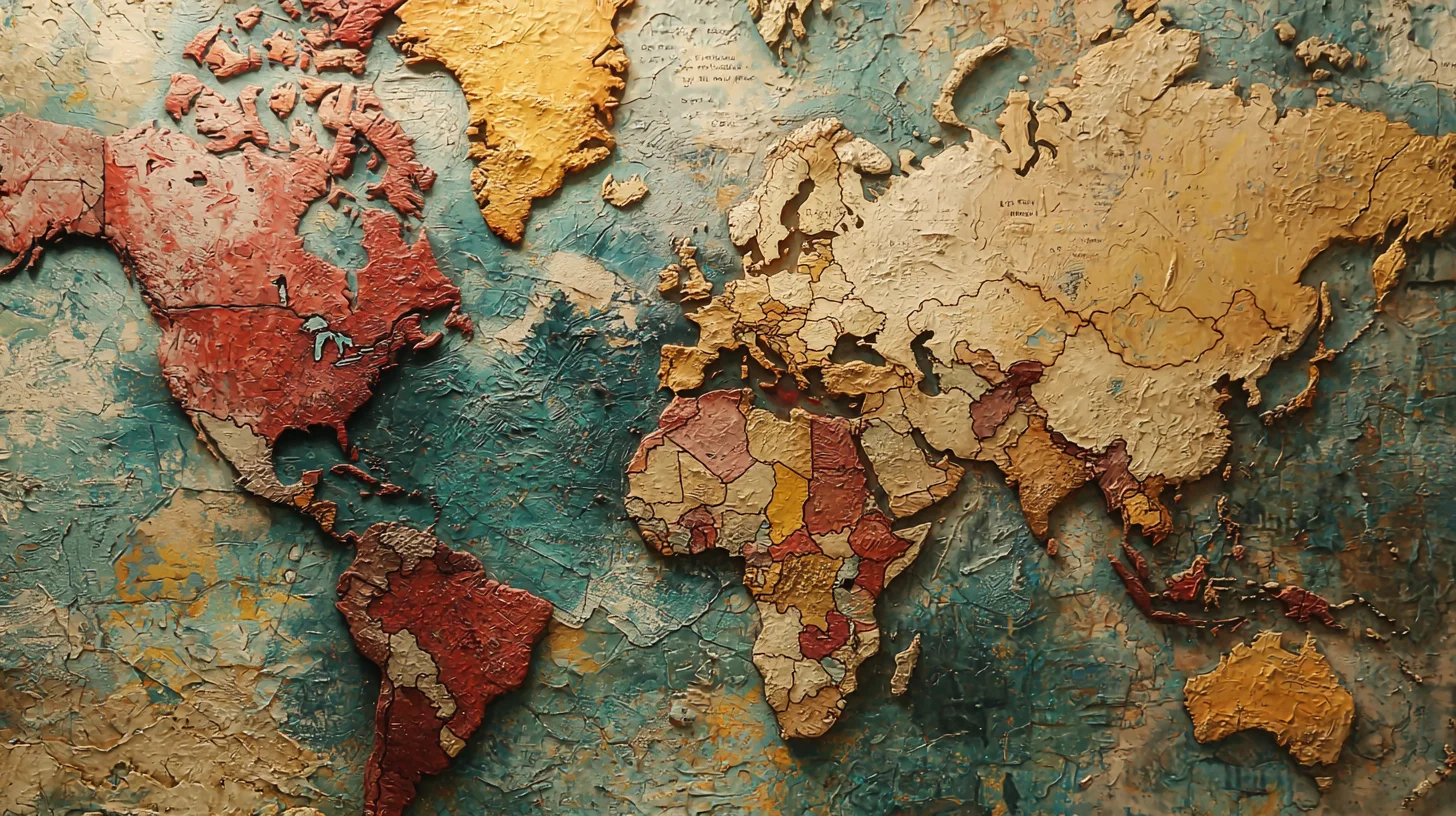21 February 2024
Behind the Scenes of the World's Most Influential Social Media Platforms.

Press the play button in the top right corner to listen to the article
In an era where digital landscapes shape global dialogues, social media platforms stand as colossal pillars of influence and innovation. These digital realms, where billions of bytes of data intersect with human emotion, culture, and communication, have reshaped the way we perceive the world and interact within it. This article delves into the intricate tapestry that forms the backbone of the world's most influential social media platforms, exploring their genesis, evolution, and the unprecedented impact they wield in contemporary society.
The journey begins in the early 2000s, with platforms like MySpace and Friendster laying the foundational stones for what would become a digital revolution. However, it was the advent of Facebook in 2004 that marked a turning point in social media's history, transforming it from a niche interest into a global phenomenon. Since then, platforms like Twitter, Instagram, and TikTok have followed, each bringing its unique flavor to the digital banquet.
One of the most compelling aspects of these platforms is their ability to evolve continually. Instagram, for instance, started as a simple photo-sharing app but has since incorporated features like Stories, Reels, and IGTV, keeping pace with users' changing demands and expectations. Similarly, Twitter has expanded its character limit and introduced features like Threads and Spaces, facilitating more in-depth conversations and engagement among its users.
The impact of these platforms goes beyond mere communication; they have become pivotal in shaping public opinion, mobilizing social movements, and even influencing political outcomes. The Arab Spring of 2011, for instance, underscored the power of social media as a tool for political change, demonstrating its capability to unite individuals around a common cause across geographical boundaries.
However, this power is not without its pitfalls. Issues such as data privacy, misinformation, and cyberbullying pose significant challenges to these platforms, prompting a reevaluation of the ethical responsibilities that come with such vast influence. The balance between safeguarding user privacy and ensuring a free, open platform for expression remains a contentious debate among tech companies, regulators, and users alike.
As we look to the future, the trajectory of social media platforms is poised for further innovation. Augmented reality (AR), virtual reality (VR), and advancements in artificial intelligence (AI) are set to redefine the user experience, offering more immersive and interactive ways of connecting with others. The potential for these technologies to further blur the lines between the digital and physical worlds hints at an exciting, albeit uncertain, future for social media.
In conclusion, the world's most influential social media platforms have become much more than tools for communication; they are the architects of a new digital culture. As we navigate this ever-evolving landscape, the challenge will be to harness the potential of these platforms for positive change, ensuring they remain spaces for genuine connection, creativity, and community. The journey behind the scenes of these platforms is a testament to human ingenuity and a reminder of the profound impact technology can have on society.
The content, including articles, medical topics, and photographs, has been created exclusively using artificial intelligence (AI). While efforts are made for accuracy and relevance, we do not guarantee the completeness, timeliness, or validity of the content and assume no responsibility for any inaccuracies or omissions. Use of the content is at the user's own risk and is intended exclusively for informational purposes.
#botnews















































































